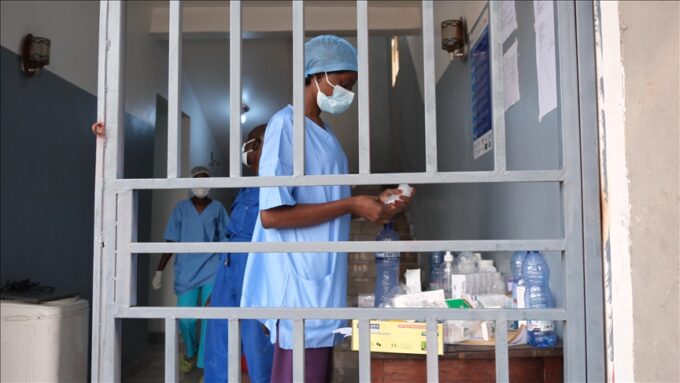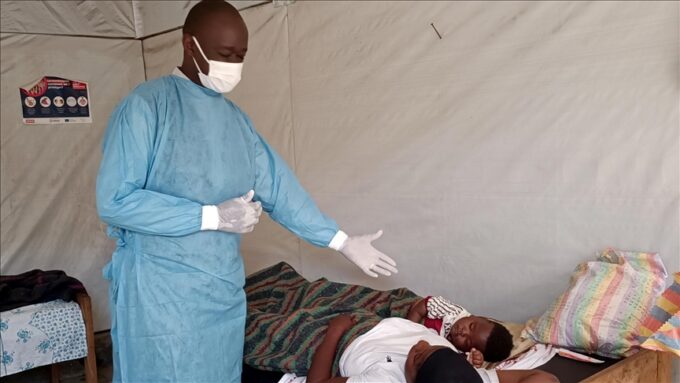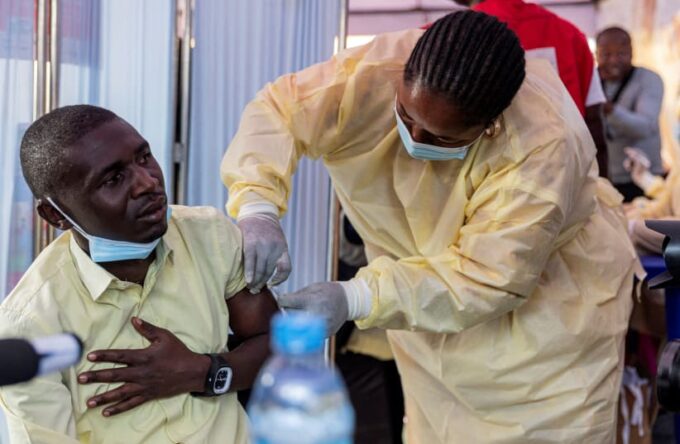Nigeria has commenced the rollout of a new malaria vaccine, marking a significant milestone in its public health efforts. The first batch of the vaccine arrived recently, and the distribution will focus on Kebbi and Bayelsa States—regions identified as having particularly high prevalence rates of malaria. This coordinated effort involves collaboration among key health organizations, including the World Health Organization (WHO), the Global Alliance for Vaccines and Immunization (GAVI), the United Nations International Children’s Emergency Fund (UNICEF), and the Nigerian government.
Addressing the Malaria Crisis
Malaria remains a formidable health challenge in Nigeria, contributing to substantial morbidity and mortality rates. According to the 2023 World Malaria Report, nearly 200,000 deaths from malaria occurred in Nigeria last year alone, underscoring the urgent need for effective interventions. The new vaccination campaign is a response to this alarming statistic and aims to protect vulnerable populations, particularly children under five, who are disproportionately affected by the disease.
The Nigerian government plans to distribute over 800,000 doses of the malaria vaccine, an essential step toward improving health outcomes and reducing the burden of the disease. By targeting Kebbi and Bayelsa, where malaria transmission is notably high, the campaign aims to make a substantial impact on local health and well-being.
The Role of Partnerships
The successful rollout of the malaria vaccine in Nigeria underscores the importance of multi-sectoral partnerships in addressing public health challenges. The collaboration between the Nigerian government and international organizations such as WHO, GAVI, and UNICEF highlights a collective commitment to eradicating malaria and enhancing health systems.
These partnerships are crucial for ensuring that the necessary resources, expertise, and support are available to implement vaccination programs effectively. By leveraging global health initiatives and local insights, Nigeria can navigate the complexities of disease prevention and control, ultimately leading to improved health outcomes.
The Impact of Malaria in Nigeria
Malaria has long plagued Nigeria, causing widespread illness and death. It is transmitted through the bite of infected female Anopheles mosquitoes, and the symptoms can be severe, including high fever, chills, and flu-like illness. If left untreated, malaria can lead to serious complications, including anemia and organ failure.
The introduction of a malaria vaccine is a significant advancement in the fight against this disease. Vaccination, when combined with existing prevention strategies such as insecticide-treated nets and indoor residual spraying, offers a comprehensive approach to tackling malaria. This integrated strategy is vital for breaking the cycle of transmission and protecting vulnerable populations.
Previous Health Initiatives
Nigeria’s commitment to addressing malaria is not new. The country has implemented various initiatives over the years, including the distribution of insecticide-treated bed nets and the promotion of preventive measures. However, the introduction of a vaccine represents a pivotal development in the country’s health strategy.
The success of vaccination campaigns in other regions serves as a model for Nigeria. Countries that have effectively utilized vaccines in conjunction with other preventive measures have seen significant reductions in malaria cases. This evidence supports Nigeria’s decision to prioritize vaccination as part of its comprehensive malaria control efforts.
A Broader Context of Global Health
The launch of the malaria vaccination campaign in Nigeria is part of a broader global health effort to combat infectious diseases. As countries around the world grapple with the impact of pandemics and endemic diseases, the importance of vaccinations in safeguarding public health has never been clearer.
International partnerships play a vital role in facilitating knowledge sharing and resource mobilization. The recent deployment of a Russian medical team to the Republic of the Congo to assist with an outbreak of intestinal infections highlights the global commitment to addressing health challenges collaboratively. Such initiatives demonstrate the importance of solidarity in public health, particularly in the face of emerging threats.














Leave a comment